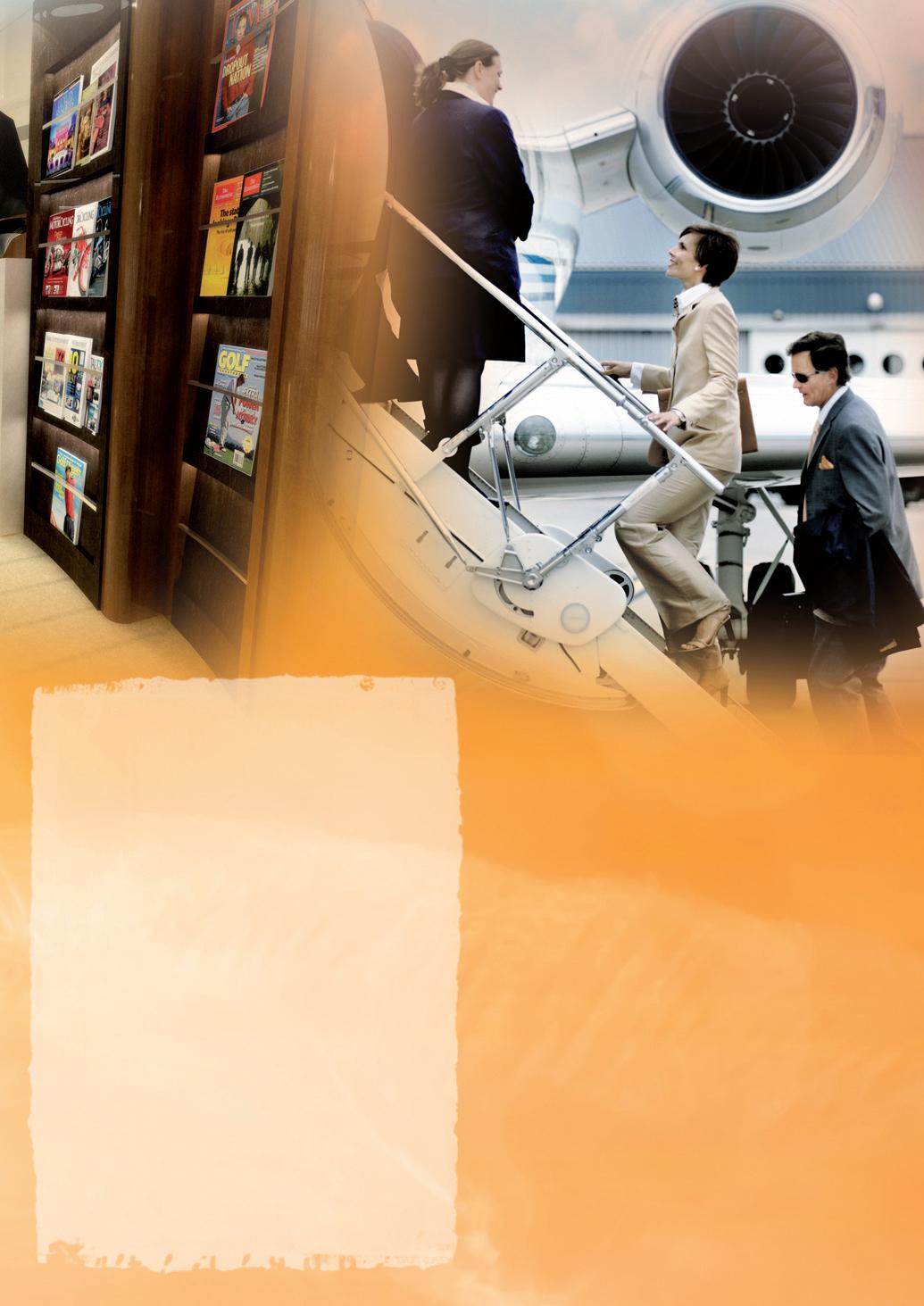





The Civil Aviation Authority of the Cayman Islands is the regulatory organisation responsible for safety and economic regulation of the aviation industry through the territory. The company ensures that the industry conforms to the standards and recommended practices of the International Civil Aviation Organisation. Nicoela (Nikki) McCoy, Deputy Director-General, Economic Regulation and Administration, explained more to Hannah Barnett.
The Civil Aviation Authority of the Cayman Islands (CAACI) had a good year in 2023.
As the world, and the aviation industry in particular, continued to recover from the global pandemic, aircraft and passenger movements to the Cayman Islands rebounded. This included a record number of non-scheduled aircraft operations, reflective of a growing charter market globally.
“The Cayman aviation industry continues to be the foundational success for the tourism, business, and financial services industries throughout the three Cayman Islands,” said Deputy Director-General, Economic Regulation and Administration, Nikki McCoy. “The CAACI also saw a record number of aircraft entered on the Cayman Islands Aircraft Registry (CIAR) associated with the transitioning of leased aircraft for commercial operations during the period. This niche activity can be

attributed to the regulatory credibility and process efficiencies of the CAACI.”
The CAACI is a statutory authority established in the Cayman Islands, with 22 staff members based in a head office on Grand Cayman and 13 independent technical contracted surveyors located around the world.
The company is the designated regulator for safety/technical and economic matters for the Cayman aviation industry. It is assessed biennially by the UK as an Overseas Territory and has retained full designation for regulatory oversight.
“The CAACI regulatory remit focuses on the local aviation industry, including operations of the aerodromes/airports throughout the three islands and our local air operator certificate holders,” Ms. McCoy explained. “We also are the custodian for the CIAR for private or corporate operations and a limited number of offshore commercial operations.”



Sustainability in many forms
As the industry evolves, the CAACI is also embracing its sustainable credentials. In 2023, the company commissioned the installation of solar panels to its new office building to produce up to 50KW of electricity to offset consumption from the grid. Other sustainable efforts include initiatives geared towards development of human resources and succession planning to ensure business continuit y.
“The CAACI is also very proactive in reviewing its working environment to employ technological solutions for business processes and procedures that increase efficiencies,” Ms. McCoy added. “For example, we have introduced new modules for our bespoke data management portal VP-C Online for management of aircraft on the CIAR. We also look to employ technological solutions for administrative functions, such as HR management.”
On the social sustainability side, the company is hoping to encourage more women into the traditionally male dominated aviation industry. “We openly recruit and would like to see more women employed in the technical disciplines at the CAACI,” as Ms. McCoy explained.
The internal focus at the company has been to create succession plans for employees and promote cross training to include women at all levels throughout the technical and administrative disciplines. It is also important to ensure that the CAACI policies align with best practices to afford women equal opportunity in the workplace.
Of course, the company comes up against challenges in this initiative too. “There are hurdles like the lack of availability of women with technical regulatory qualifications and experience to fulfil oversight roles,” said Ms. McCoy. “Also,
we have a very small pool of human resources to draw from locally. Demanding travel and a requirement to work outside normal office hours can also be challenging for women with families.”
Nonetheless, the CAACI staff currently is made up of around 45% women, including those holding positions at a senior level.
Proactive partnerships
The CACCI recently hosted a workshop with its Transition Aircraft Continuing Airworthiness Management Organisation (CAMO) partners in Dublin.
The event was the first of its kind for the CAACI as an effort to support the growth of the niche transitions aircraft offering.

The workshop catered mainly to CAMO partners and was a dynamic two days of interactive discussions, awareness building and networking.
“It was a valuable opportunity to meet with this key stakeholder group to have two-way conversations about our requirements,” said Ms. McCoy. “This meant we also heard from them on what gaps we have, or services they desire from a credible aviation authority to support transition aircraft transactions. Subsequently, we were also able to discuss what solutions we thought we could offer.”
The company’s operational objectives are guided by its strategic business plan which includes priorities like leading





